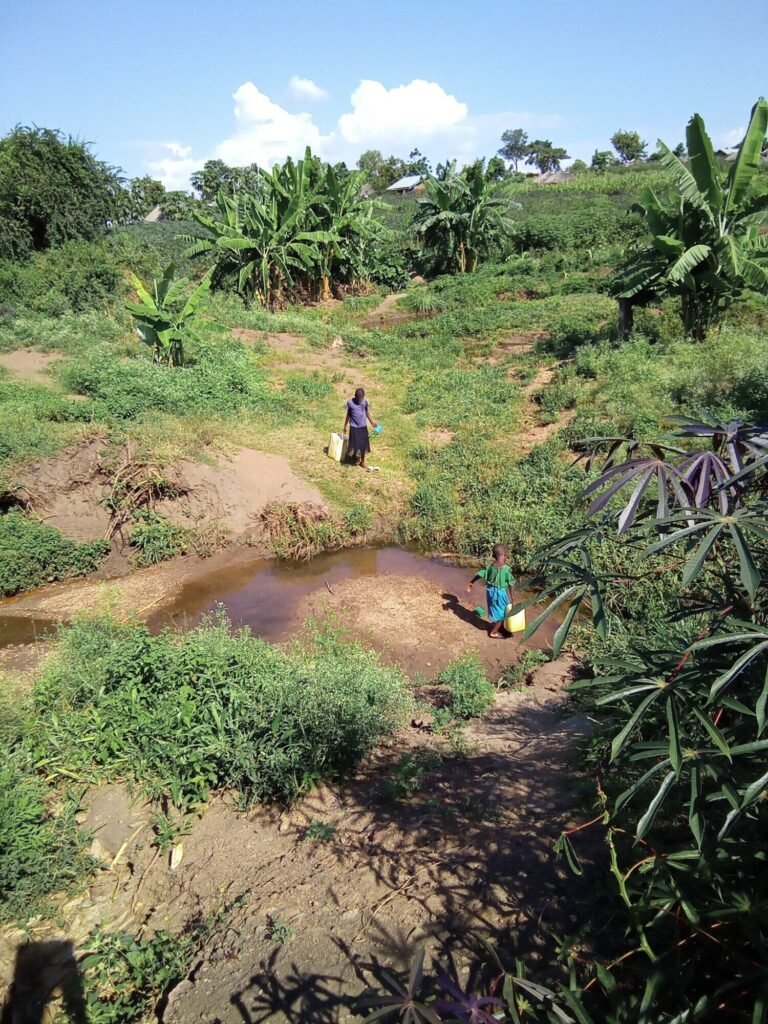Extreme weather events driven by climate change have profound consequences for the sexual and reproductive health of young refugees in Uganda, according to a study published in Global Public Health.
The study reveals that extreme weather events worsen resource insecurities and increase sexual and reproductive health risks for youth in Uganda’s Bidi Bidi Refugee Settlement, one of the world’s largest humanitarian settings.
“The study powerfully illustrates the interconnectedness of climate stress and youth sexual and reproductive health in humanitarian settings,” says lead author Dr. Carmen Logie, Professor at the University of Toronto’s Factor-Inwentash Faculty of Social Work (FIFSW) and Canada Research Chair in Global Health Equity and Social Justice with Marginalized Populations, as well as Adjunct Professor at the United Nations University Institute for Water, Environment and Health (UNU-INWEH).
“Refugee settlements are facing not just environmental hazards, but cascading threats to young people’s health, safety, and future.”
The study’s authors include researchers at the University of Toronto who worked in collaboration with the Uganda Refugee and Disaster Management Council (URDMC), a community-based organization that protects the rights of refugees, asylum seekers and internally displaced persons in Uganda. Youth aged 16 to 24 living in the Bidi Bidi Refugee Settlement were engaged in walk-along interviews, which involved walking with research staff to a place where they accessed food, water and sanitation resources for the interview to be conducted.
Interviews were also conducted with service providers working closely with the youth.

“These youth shared that resource scarcity is an issue within the Bidi Bidi refugee settlement,” says co-author Frannie MacKenzie, Research Officer at FIFSW. “Extreme weather events intensify these vulnerabilities and expose youth to unprecedented sexual and reproductive health risks that have profound impacts on their lives.”
The study found that drought and flooding-related resource insecurities increased refugee youth’s exposure to sexual and gender-based violence and engagement with transactional sex. During droughts, youth often travel long distances at night to collect water, increasing their risk of violence.
Droughts and floods reduce crop yields and food rations, pushing youth into early marriage and transactional sex to access food. These climate-related pressures are placing refugee youth, particularly young women, at a heightened risk of unplanned pregnancy, HIV and STIs, and menstruation management challenges.
The study’s researchers call for urgent integration of climate-informed strategies to address sexual and reproductive health at community, interpersonal, and sociopolitical levels, with specific attention to the gendered impacts of resource insecurity.
“Integrating climate-resilient sexual and reproductive health interventions is essential,” says co-author Simon Odong Lukone, Field Coordinator at URDMC. As co-applicant and co-author, Dr. Moses Okumu, Assistant Professor at the University of Illinois Urbana-Champaign explained, “There is an urgent need for humanitarian systems and programs to address sexual and reproductive health needs in the face of climate stressors.”
More information:
C. H. Logie et al, Experiences of drought, heavy rains, and flooding and linkages with refugee youth sexual and reproductive health in a humanitarian setting in Uganda: qualitative insights, Global Public Health (2025). DOI: 10.1080/17441692.2025.2503863
Citation:
Climate change impacts sexual and reproductive health of refugee youth in Ugandan humanitarian setting (2025, June 18)
retrieved 18 June 2025
from https://medicalxpress.com/news/2025-06-climate-impacts-sexual-reproductive-health.html
This document is subject to copyright. Apart from any fair dealing for the purpose of private study or research, no
part may be reproduced without the written permission. The content is provided for information purposes only.


